The National Education Association (NEA), the largest union of teachers in the United States, now recommends that teachers include the controversial book “Gender Queer: A Memoir” by Maia Kobabe on summer reading lists.
The book was featured in the NEA’s “Great Summer Reads for Educators” list — one of 11 books chosen. Among those books are other titles such as “White Fragility” and “Uncomfortable Conversations with a Black Man” — both books aimed at “understanding Juneteenth” and “why white people are so bad at talking about racism.”
Listed under the NEA’s “banned books” section, “Gender Queer” was one of the most challenged books for two years in a row. According to Fox News, the book was challenged for its LGBTQIA+ and sexually explicit content.
Wonder why? Take a look at the following graphic images pulled directly from the text: 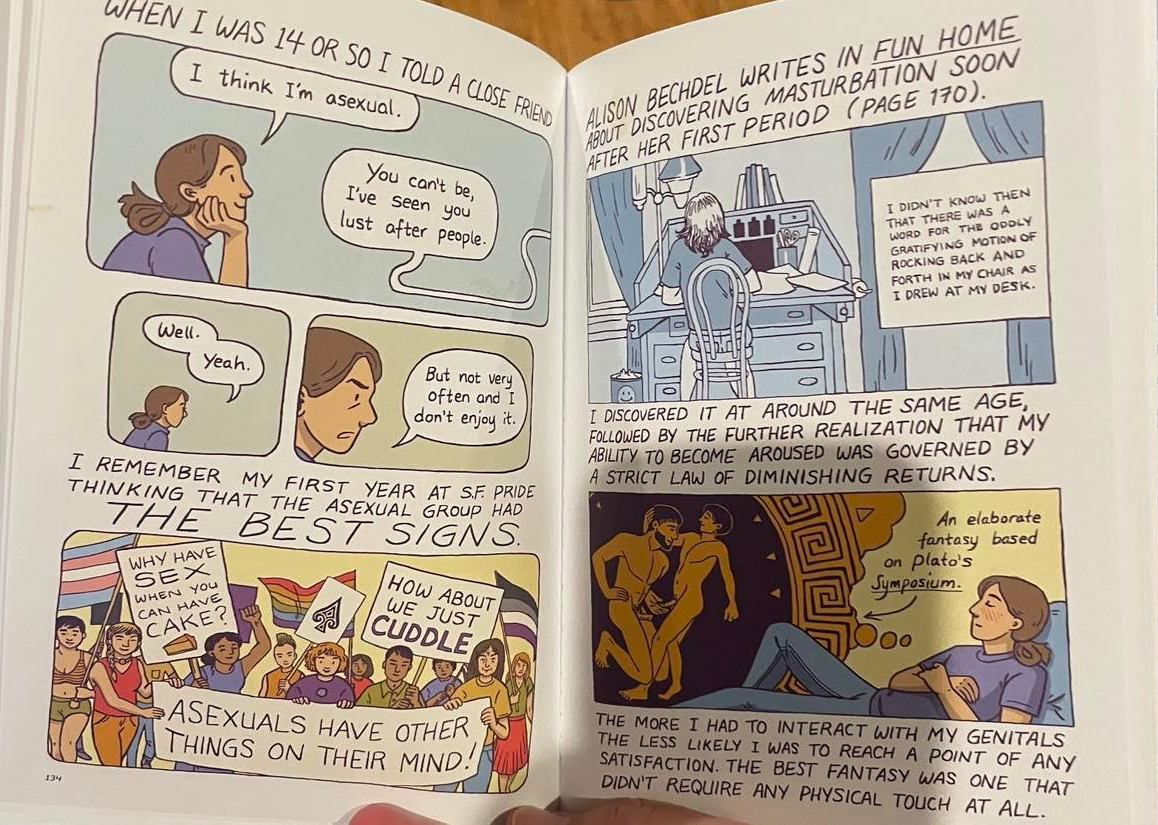
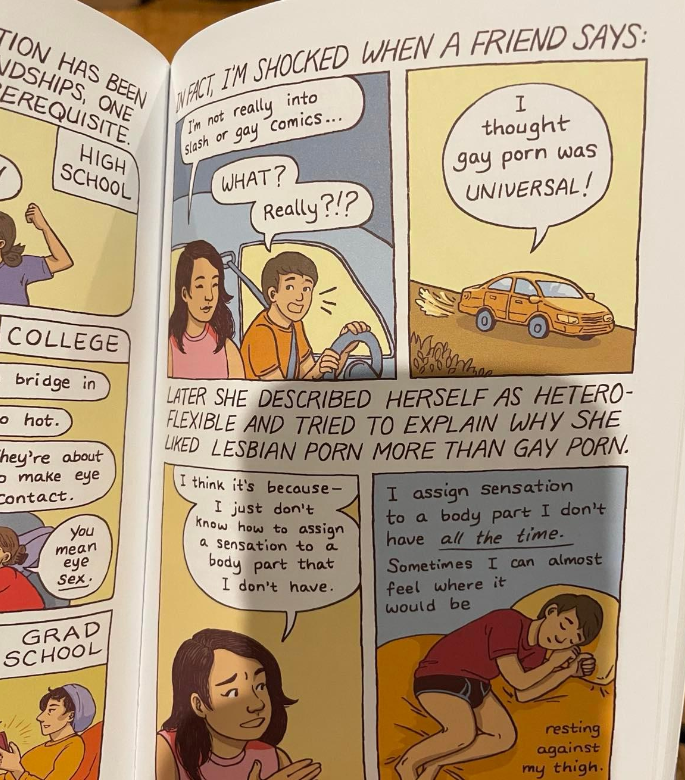
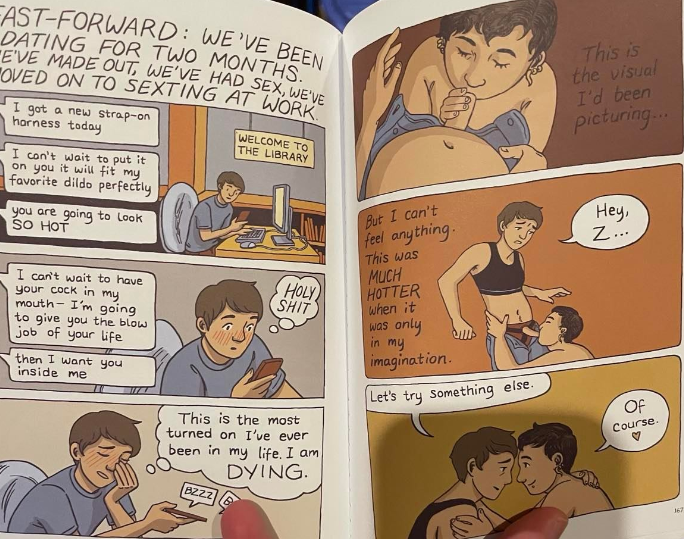
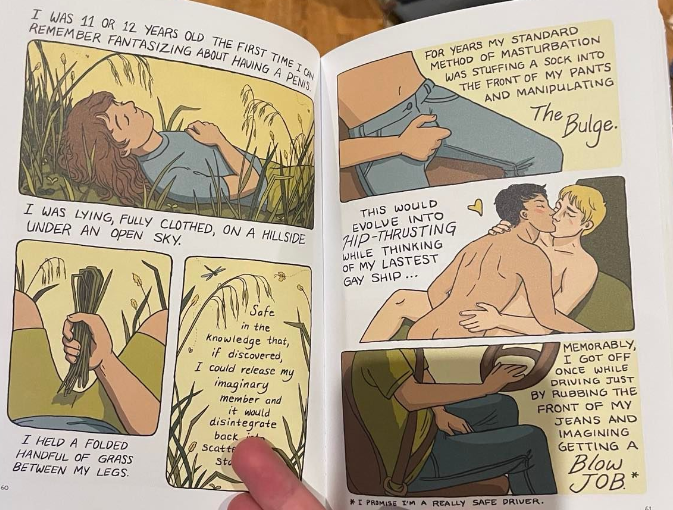
Parents were outraged as the explicit cartoon images became public, causing major controversy — a sentiment the book’s author disagrees with: “I honestly think the book is a lot less explicit than it could be,” Kobabe told NPR.
“The topic of gender touches on identity … and it touches on sexuality,” Kobabe continued. “And it’s hard to fully explain, I think, how a gender identity can impact every facet of life as an adult without touching at least a little bit on sexuality. And so I wanted to not shy away from that.”
This book recommendation comes after the president of the NEA, Becky Pringle, declared that racial and social justice is a “pillar” of the NEA’s efforts. “For us at the NEA, education justice must be about racial justice, it must be about social justice, it must be about climate justice. It must be about all of those things,” Pringle said.
“For our students to be able to come to school ready to learn every day — we can never think of education as an isolated system because everything connects to our students’ ability to learn. So, we have to necessarily talk about housing justice, food inequality, and the reality that we all just went through a global pandemic together and of course it was the most marginalized communities that were already suffering from the inequities in every single social system in this country and every country.”

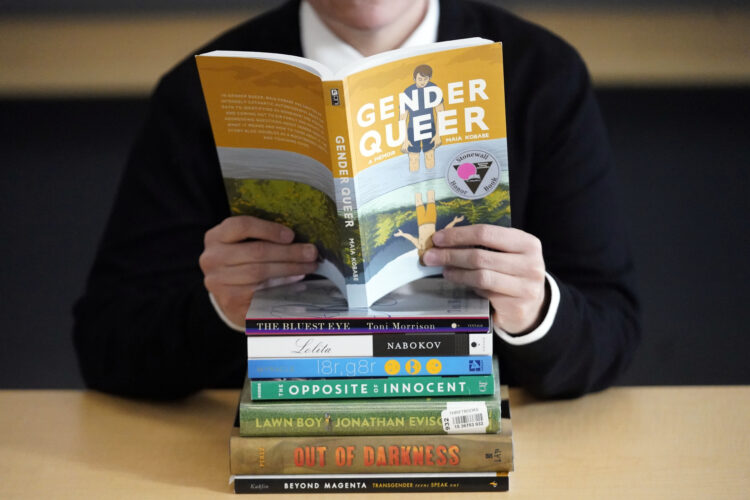




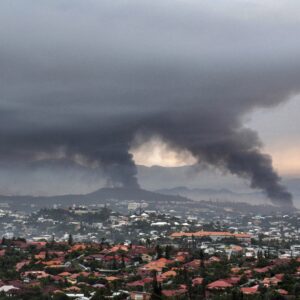











Add comment